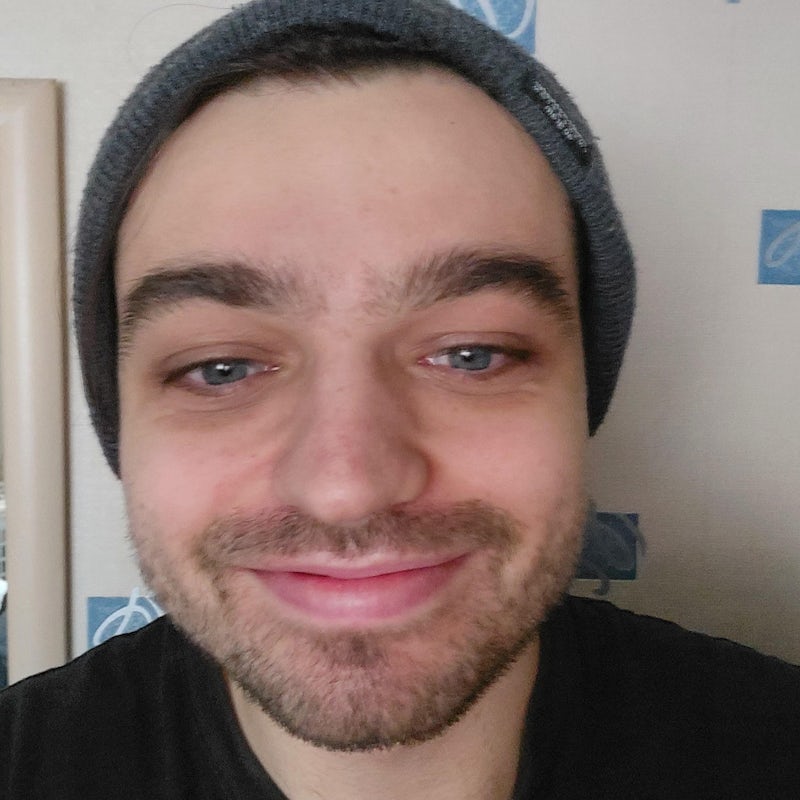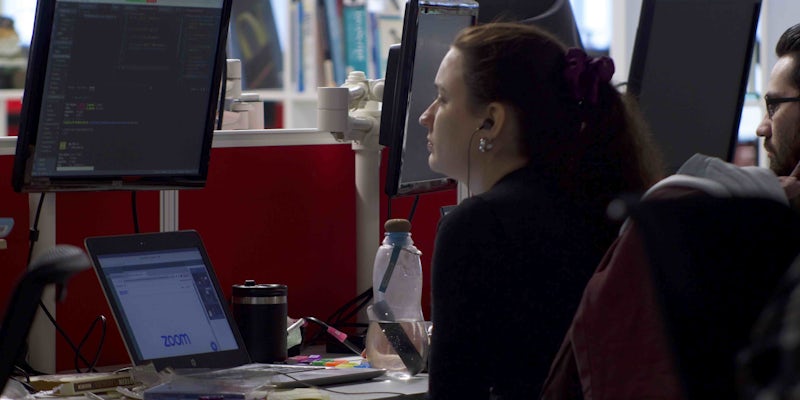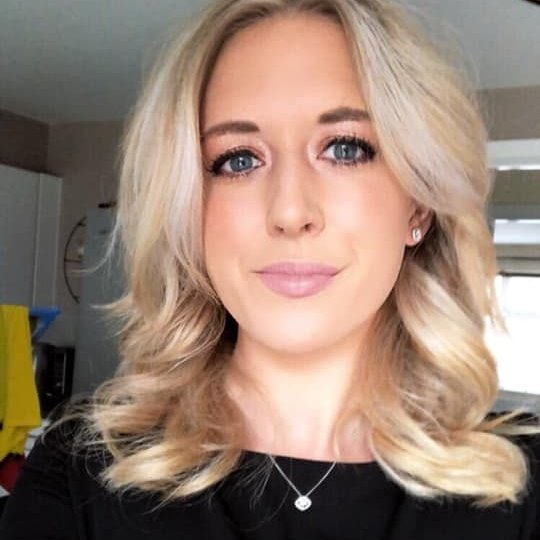Bootcamp Life
Ruby Riley: From languages to coding
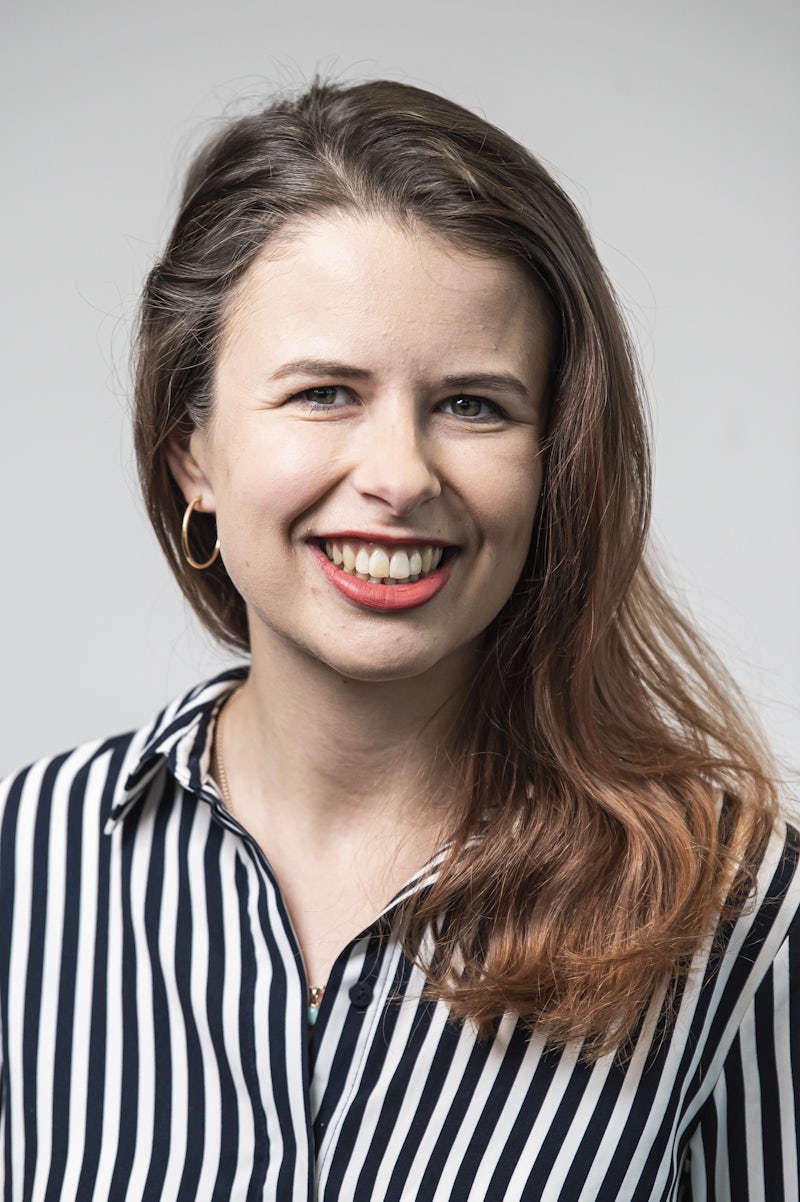
From languages to coding
Bonjour! Nǐ hǎo ma? Me llamo Ruby. Maybe like me you are more familiar with foreign languages than coding languages. In this blog I'm going to give 5 tips on why learning languages and learning to code go hand in hand.
1. Be brave
I studied French and German for my degree which means some weird looks when I explain I'm doing a coding bootcamp for 13 weeks this summer. Let me explain....
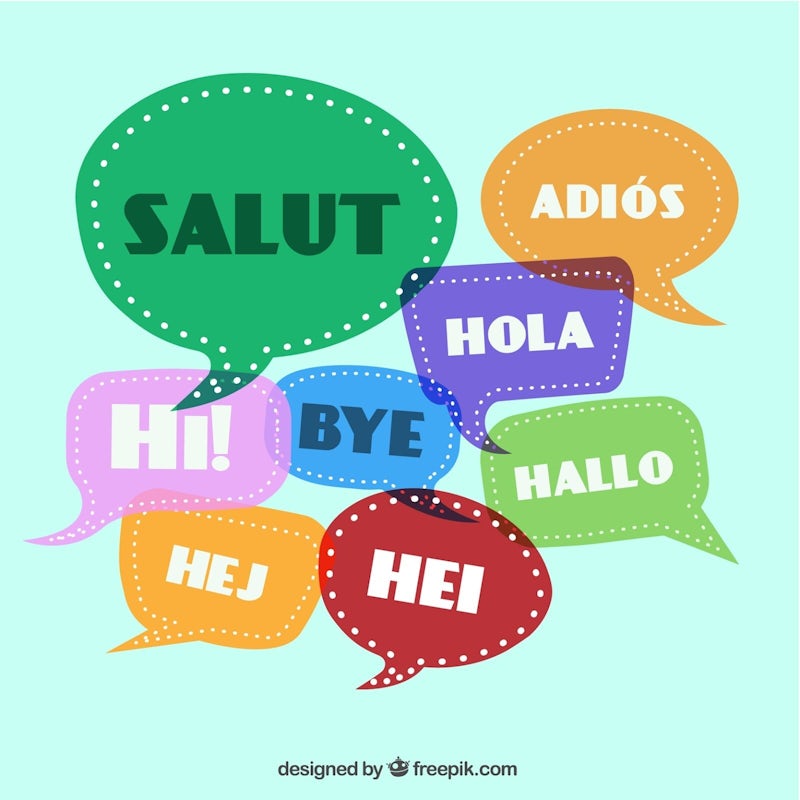
Some people think you can only go into coding with great maths skills, this isn't the case, so much of it is about resilience and bravery to start. Speaking in a foreign language is scary and anyone who has learnt one knows you make lots of mistakes. When I moved to France for my year aboard on my first day I tried to get a phone contract, I came back from the shop and cried haha (it all got sorted somehow through my jumbled French).
The point is, it's about being brave enough to go into the shop and navigate something you've never done before. In many ways learning to code requires the same bravery. On the bootcamp we learn something new each day in a lecture or seminar. My code fails on a daily basis but the resilience to keep going and even to take the first step is key.
2. Am I fluent yet? How long does it take to learn to code....
The bootcamp is a perfect way to take a leap towards proficiency - not fluency! Learning to code takes time and it's not something you learn overnight. I'd spent several years dabbling with code, the odd hour or short course, hoping I'd somehow become a developer. I had known for a while that the best way is full-immersion! Similar to spending 13 weeks in Spain only speaking Spanish, you wouldn't be fluent but you'd have learn the basics and be able to communicate. The best way to improve quickly is to be coding full time and the bootcamp gives a great opportunity spend 40 hours a week learning to code.
Learning a language is a lifelong skill. Even after spending a year in France and studying the language for over 5 years I sometimes doubted my fluency. The more we learn, the more we realise how much more there is to know.
As I finish the bootcamp tomorrow I realise it's the same with coding languages. The course taught Javascript, NodeJS, Express, Jest testing, React and more then in our group project we used several different technologies (MongoDB No-SQL and ReactNative) but this is just the start, there's always something new to learn and new technologies developing.
3. Syntax & Grammar - coding has it too!
Did you know code has syntax too? When you learn a language you learn how to order the words in the sentence. For example
- The cat jumps on the table.
- The table jumps on the cat.
Pretty different meanings but exactly the same 6 words!
In code we also have syntax, for example in week 3 of the course we learn about "classes" and "constructors" which are the "syntactic sugar" in the code. In languages we have the present tense, past, imperfect and future tense - to name just a few. In coding we also have different styles. We've learnt Functional programming and Object Orientated programming.

4. There's endless languages to learn
Over a few years I've learnt French, German, Spanish and briefly tried Chinese during the pademic lockdowns. This is common that once you've learnt one language, it's easier to learn another. Coding is no different. On the bootcamp we learn Javascript but it's okay if previously you have experience in a different language. Many of the graduates go on to use other languages in the job roles.
When it came to our project, having learnt SQL allowed us to then go and learn no-SQL. After I learnt French, I then later learnt Spanish and it was easier because I already understood how to learn a language. It's the same with coding.
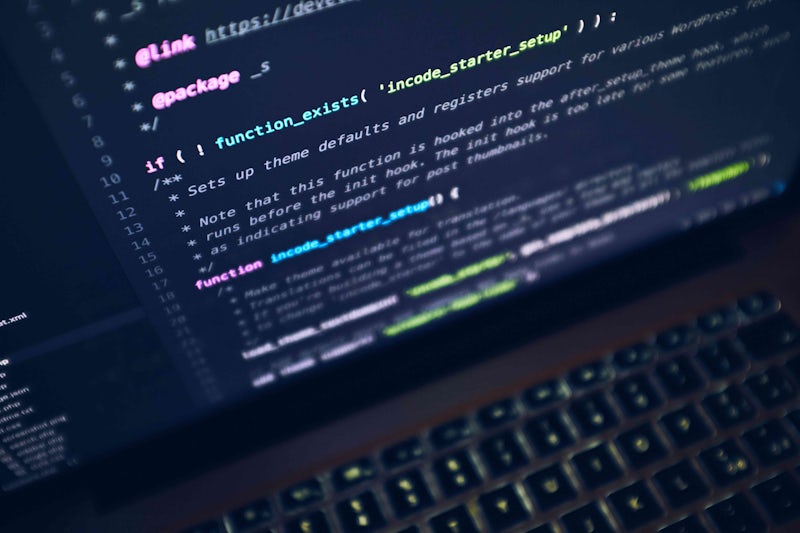
5. It's about the people
Northcoders have a people-centred approach.From the quick responses from the onboarding team and a friendly tutor who took my entry challenge to engaging lectures and seminars, everyone wants to learn. It's a "cameras on" bootcamp. We are split into seminar groups of about 25 people and everyone also has a mentor.
Learning a language isn't something you can do alone - you have to practice with others - a conversation is a two-way thing! Whilst you can learn to code alone, I personally find learning in a group much easier and more interesting too!
We mainly do pair-programming which is fun because the other person spots your mistakes and you spot theirs. You see how different people approach a problem.
As I've learnt languages, I've practiced with a mixture of native speakers but also with classmates who are also learning. It can be less scary to try things out with someone who is also learning the language for the first time. On the bootcamp, it's a safe space to ask questions, no question is stupid or too difficult to answer.
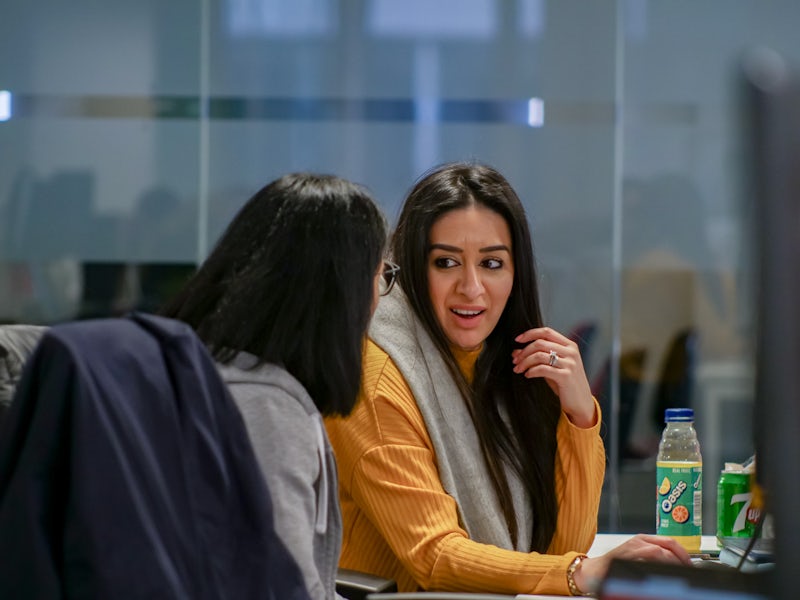
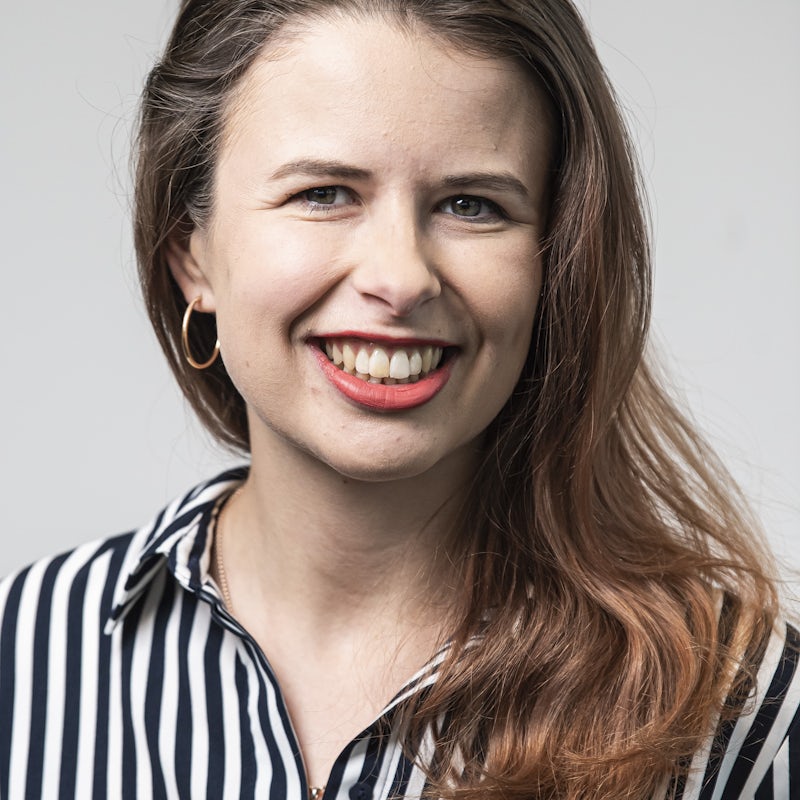
Ruby Riley

